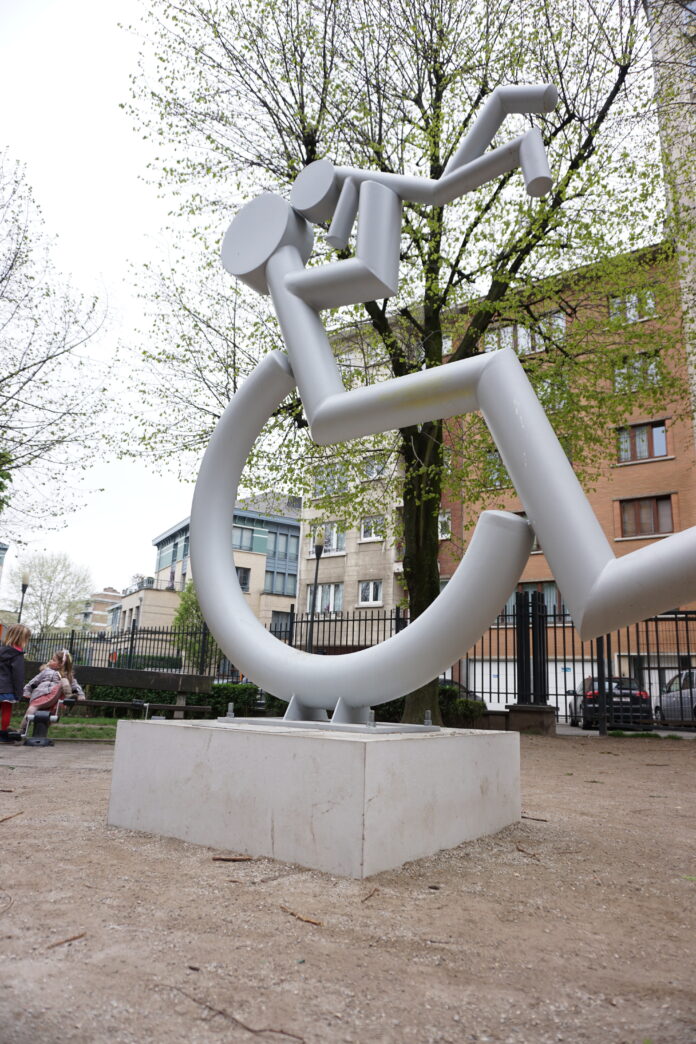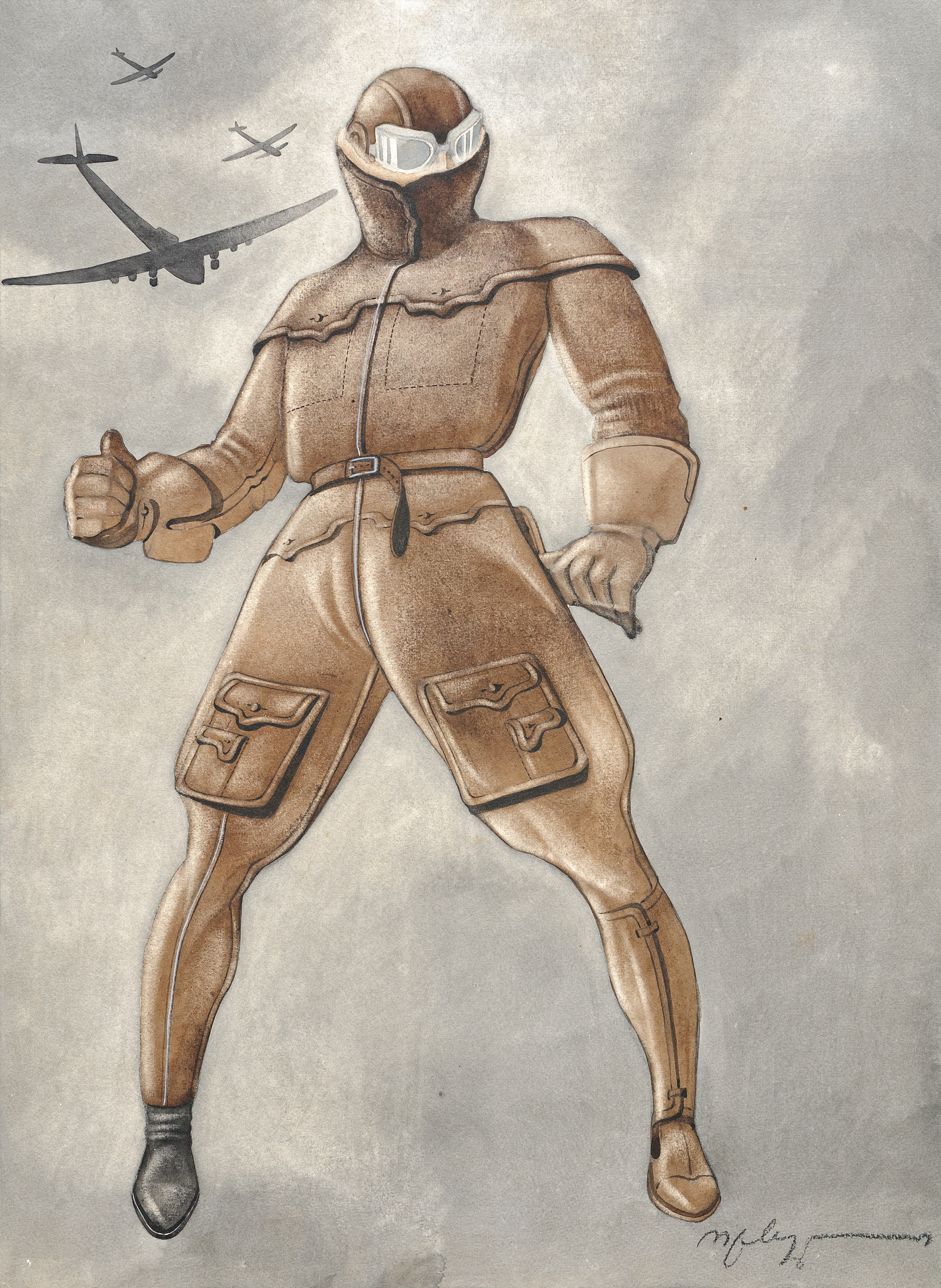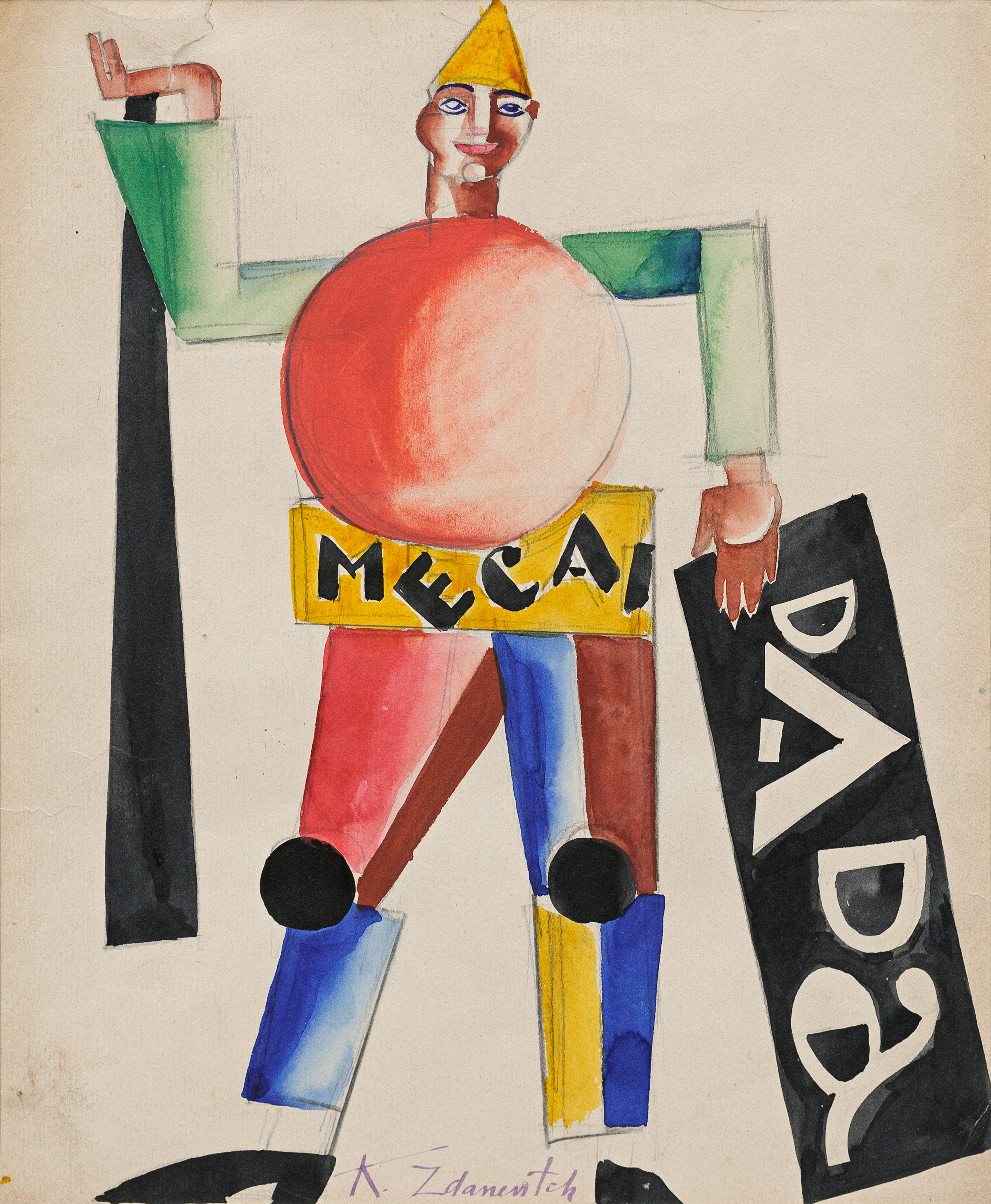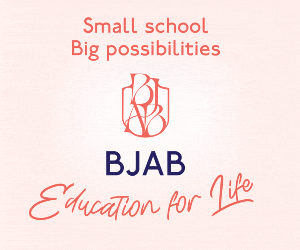Nuala Morgan met with founder of the Autonomia association Cléon Angelo to learn how they are changing perceptions and finding solutions
You may have come across a three-metre high sculpture while walking through Fontainas Park in Brussels City centre. It is a take on the International symbol of access (you know the one, a stylised person in a wheelchair on a blue background), but with a difference. The wheel is in the form of a pentagon, representing the form of Brussels’ inner ring, but also the difficulties wheelchair users have in accessing the city. It is the brainchild of Brussels-based artist and founder of Autonomia association, Cléon Angelo. “We want to demystify the experience of wheelchair users and change mindsets using art and culture,” he explained. The sculpture, one of five in different Brussels communes, is part of the ‘Chais’art’ project, one of the many actions led by Autonomia to make life in Brussels more accessible and wheelchair users more autonomous.
“We want to demystify the experience of wheelchair users and change mindsets using art and culture”
“As a wheelchair user myself, I had to search for so much information to navigate daily life. I wanted to make this available to as many people as possible, so I created the Autonomia association, already nearly 35 years ago!” Cléon explains that Autonomia is first and foremost a platform, cataloguing an impressive number of tools, guides and support for those with accessibility constraints. The association’s vision is an inclusive world, where everyone has a place. “We want to call out discrimination, and change the way handicaps are represented,” continues Cléon.
“As a wheelchair user myself, I had to search for so much information to navigate daily life”
The website is a veritable goldmine of information. In the ‘HandicApp’ section, a large range of mobile applications are reviewed, covering a range of needs from personal health and organisation, to housing and security, transport and travel. The apps are reviewed by a team of students and volunteers, working across 15 different teams, so they can be filtered by different forms of disability. “Our aim is to facilitate the daily life of the person with a disability. It’s so important to have autonomy and control wherever possible. There are so many areas where this isn’t even a question for the able-bodied.” Some of the apps are destined for general use, like apps to remotely control blinds, or electronic equipment, which can be of particular help to those with physical disabilities. Others are more specifically targeted to people with disabilities, like the accessibility guide to the Brussels public transport (STIB).
“I think we are the first to have created a European repertoire of accessible taxi services”
The focus is not only on Brussels. For tourists taking a summer break, there are accessibility guides for 12 European countries like Italy, Croatia and Spain, with more promised to come. “I think we are the first to have created a European repertoire of accessible taxi services, a really useful service when wheelchair users are travelling abroad, but that had never been done before!” proclaims Cléon.
In addition to the practical guides, Autonomia is also tackling political issues linked to handicaps. The association is lobbying authorities to implement the Personal Assistance Budget. It is an individual budget for each disabled person which allows them to organise the care and assistance they need. It has been running on an experimental basis in Brussels for 10 years, and for Cléon it is high time this budget is made permanent: “It favours the autonomy of the individual, allowing them to make the most pertinent choices for themselves.”
It is this constant focus on individual needs that makes Autonomia such a precious resource. Their latest project is aimed at matching employers with jobseekers, thereby increasing the employment rate of people with disabilities while helping employers become more inclusive. Belgium is one of the only countries in Europe where there is no obligation for private sector employers to employ a minimum number of persons with disabilities. In Brussels, there is a target of 2.5% in the public sector, but with no sanctions for not meeting it. This leaves Belgium overall with a lower rate of employment for people with disabilities than the European average (35% compared to 50%).
“Their latest project is aimed at matching employers with jobseekers”
“This is a new activity for us, and we are actively seeking employers to join our programme,” explains Cléon. “We closely accompany them to make the necessary adaptations.” Infographics showing how office space can be made accessible, or a checklist for an inclusive workplace, are available.
For Cléon, the main priorities for advancing the quality of life and inclusion of people with disabilities are personal budgeting, mobility and housing. He says that public perception and political discourse has evolved over the past three decades, but that there is still a lot more to do. He is particularly sensitive to multiple discriminations and risks some people with disabilities are subject to, like violence against women. Known as an ‘intersectional approach’, it takes into account the ways in which different aspects of a person’s identity – gender, race, disability – can expose them to overlapping forms of discrimination and marginalization. Statistics are difficult to come by as the topic remains taboo,but the available data shows there is a higher rate of violence against women with disabilities than against men with disabilities and a significantly higher incidence than women without disabilities. Cléon is adamant: “There is already a power imbalance between those with disabilities and those without. This is exacerbated for women with disabilities. Our campaign #stopviolencefemmesethandicap (stop violence women and handicap) draws attention to this issue.”
And it comes back again to raising visibility and changing perspectives. Coming back to sculptures in the park, the association is continuing its mission with an aim to have a sculpture in each of Brussels’ 19 communes. They have produced five so far – Brussels City, Anderlect, Woluwe Saint Pierre, Koekelberg and most recently, Uccle.
Buoyed by their artistic endeavours, the association curated an art exhibition ‘Art All Inclusive’. It is an exhibition that gives a voice to contemporary artists with disabilities. The exhibition invites us to rethink our relationship with difference and indifference, and to question the accessibility of public spaces and cultural venues. Art All Inclusive has enabled Autonomia to identify more than 144 artists with disabilities or artists who talk about disability through their work. The words and poems of Mustafa Kör take us on a journey towards a more altruistic and sensitive society. Caricaturist Sylvain DonG leaves no one indifferent with his meticulous and creative pencil strokes. Atelier 17 shares the work of 12 artists with mild to moderate mental disabilities. Finally, the exhibition reveals the Blind Photo project carried out by Adeline, Françoise, Isabelle and Laurence, all of whom are visually impaired. It was exhibited at the Durbuy History and Art Museum until April 2023.
If you are interested in the work of Autonomia, would like to volunteer your time or are interested in the jobability scheme, visit: www.autonomia.be
🤔 Saviez-vous que les #travailleurs en situation de #handicap peuvent bénéficier de 7 #primes ? Ces primes sont conçues pour encourager l' #inclusion et aider à reconnaître les compétences et les talents uniques de chacun👨🏻💼👩🏻🦽 #mescompetencespasmadifference pic.twitter.com/FyrufiDquM
— Autonomia asbl (@autonomia_asbl) June 19, 2023










